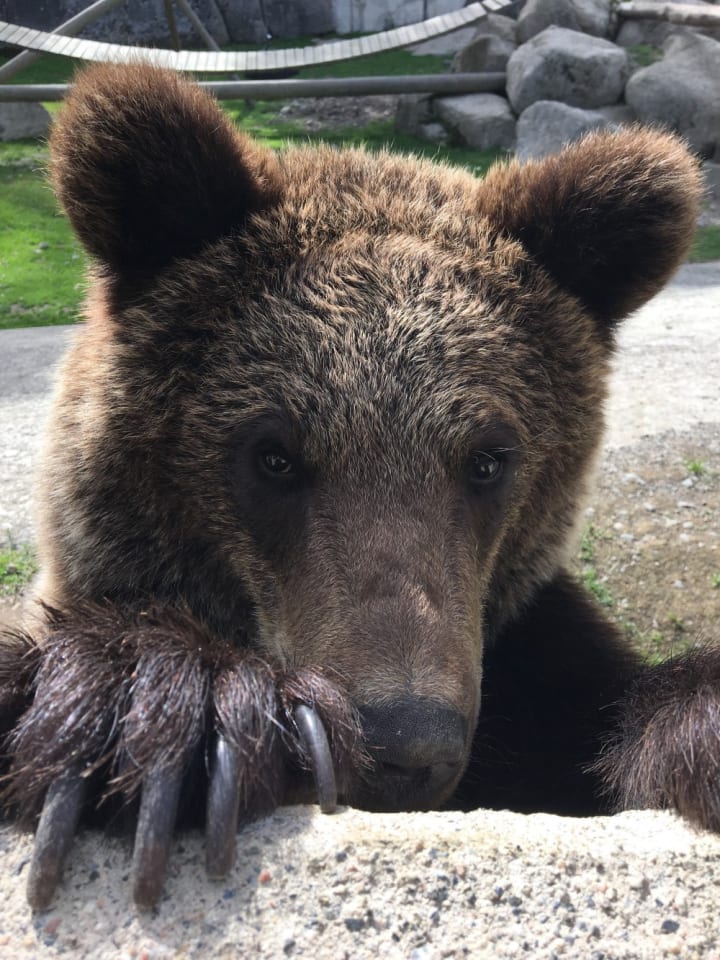Writing About Real People
Tapping into Authenticity While Trying to Stay Out of Trouble…

Two of my kin show up in the files of the House Un-American Activities Committee. And not in a good way. Another relative claims folk heroine status for running her Old West brothel with audacity, rapacity and charity. These characters glitter irresistibly as potential stars in my writing. Hunched over computers, day in and day out, we writers pack memoires, novels, biographies and tales with real humans. Whether de-identified or presented whole cloth, their reality adds spice and the undeniable ring of authenticity.

I first heard the adage, “You can’t make this stuff up” while working in Virginia’s Shenandoah Valley. As a public health doc, my job included preventing people from dying of rabies or other animal-borne diseases. Up until that point in my life, I would not have worried about whether or not my patient kept two or three tigers in their home. (They did.) It never would have entered my mind to think another patient would feel compelled to “rescue” a bear cub perched in a tree. (He did.) I can share this information as it is public knowledge, published in the local newspapers. Public health showed me, over and over, the incredible diversity in people’s day-to-day living. Folks just get themselves into such pickles. As a result, I understand the appeal of writing about real people rather than creating new imaginary humans from the ground up. But before divulging family secrets in my writing, I did a little research into the ethics and issues around writing about real people. Here’s what I found:
Folks, dead or alive, have legal rights
Infringing on these can result in the writer being sued, dropped by their publisher or agent, or losing future writing opportunities. Seeking legal advice when writing about actual persons is usually a sound idea.

We all have a right to privacy
Shocking or embarrassing matters shared with the expectation of privacy shouldn’t be divulged by writers without good reason. A “good reason” may be that the issue personally involved the writer. For example, a memoirist might understandably include their father’s alcoholism in their book. Growing up with a substance-abusing parent undeniably affects a child. But, titillating readers with tales of a friend’s one-time drunken date with a celebrity carries little social value. Writing needlessly about deeply personal matters creates risk for the writer.
Dead people are, for the most part, fair game. This explains the deluge of tell-all books flooding the market within nanoseconds of a famous person’s death. These publications — like the pre-written obituaries held on file by major newspapers — have been waiting for the release of death. Run-of-the-mill, yet intriguing, dead people can usually be written about with impunity. So, I’m probably safe writing about my renegade relatives. But celebrities — think Elvis Presley — may retain rights over the use of their image and story even after death. Those who’ve inspired a foundation or other organization invested in their reputation require careful handling.

How we tell our story matters
Facts stand scrutiny better than willy-nilly comments. Documentation may be a writer’s interview notes or recordings, public records, or other references. A 1905 newspaper article quote about my folk-heroine relative bribing an official with five hundred dollars in gold carries more meat on its bones than any generalization I could make about her criminality. And there’s less room for argument. Voicing opinion may also put controversial characteristics on the table in a relatively acceptable way.
Communication
Communication with a writer’s subject and their champions (relatives, organizations, foundations) works best if done before publication. In many scenarios, writers will do well to get specific written consent to write about their subjects. Again, legal counsel can help with this. At least one biographer I know reached out to the living relatives of his scoundrel-ly subject with a form letter. In it, he gave a “heads up” that he was writing a book about their relative and provided contact information. A memoirist may want to have a sit-down with close friends and family and get their feedback before launching into writing. Two people in the same family may recall identical experiences quite differently. Getting familiar with other viewpoints can not only enrich our writing, it can uncover emotional minefields.
Conflicts fuel good stories
Our most difficult, angst-laden relationships appeal to story tellers. No one wants to write about their peaceful, loving marriage. It’s the earlier, stormy one that’ll draw in readers — the one leaving a sour taste and lingering hurts. Giving a friendly “heads up” to living subjects can be challenging. One way to prepare for difficult communications is to get tips from a neutral outsider trained in counseling techniques. A trusted religious leader, family counselor or medical professional may be helpful. Understand your motives and goals when writing about people, especially when you’re writing about friends, enemies and relatives.

There is a range of de-identification levels writers use to incorporate real people in their work. “Based on a true story,” “Any semblance to real people is…” and all that are cues. Changing a character’s gender, coloring, age, and other identifiers can decrease the risk of legal liability. However, the argument can be made that the further away a writer gets from the real person, the less authentic the story.

Ethics
Ethical considerations go hand-in-hand with the legal issues of writing about real people. Just because I can write about a person doesn’t mean I will, or I should. The more marginalized, unempowered, poor and uneducated the subject, the less likely they are to be able to give valid consent to starring in our stories. Few professional writing associations, in my personal research, publicize ethical recommendations for writers. Maybe they should. Writers groups, those mainstays of our lives, do offer potential arenas to get input and ideas on how to tackle this question —how to be real, but fair. Honest, but not hurtful. Entertaining, but not mean. To treat our readers and our subjects right.
About the Creator
Diane Helentjaris
Diane Helentjaris uncovers the overlooked. Her latest book Diaspora is a poetry chapbook of the aftermath of immigration. www.dianehelentjaris.com






Comments
There are no comments for this story
Be the first to respond and start the conversation.